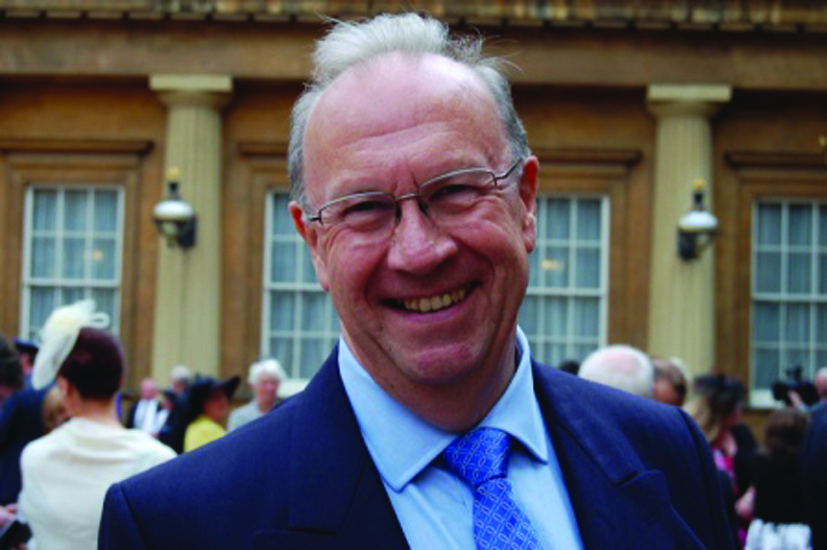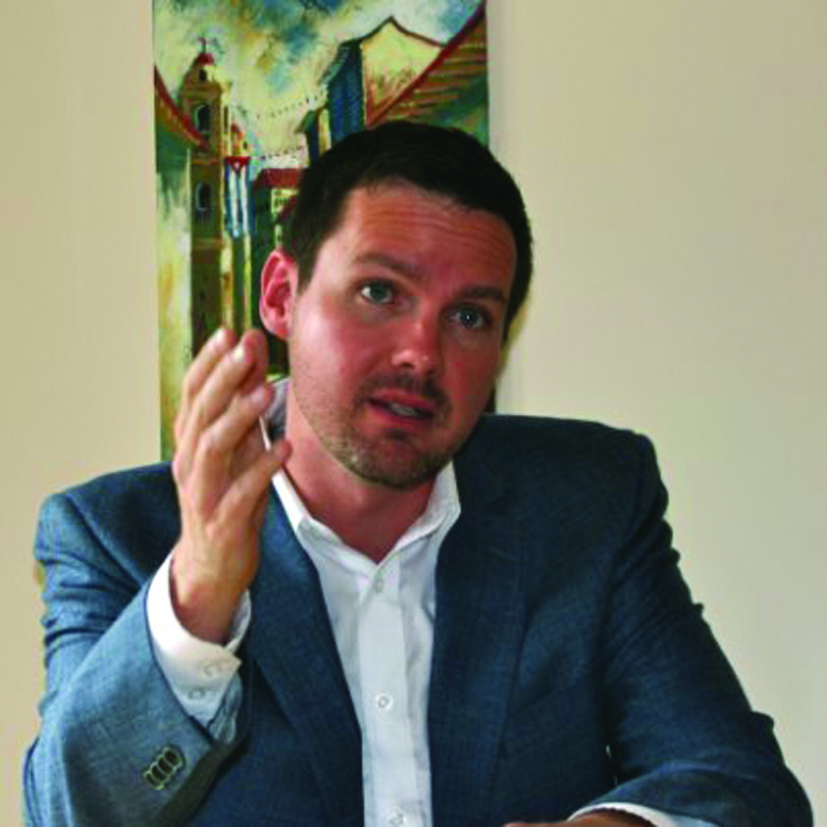
The notion that engineering shapes the daily lives of most of humanity is now a comfortably worn cliché. The same holds true for the fact that over half our global population now live in the completely constructed environments of cities. Most of the rest live in rural and agricultural communities, almost equally reliant on the continuous (re-)engineering of their environments. Yet despite the familiarity of these ideas, and their obvious influence over the choices available for our current and future societies, are there equivalently familiar pearls of wisdom that guide how engineering – and more specifically, engineers – interacts with our societies’ decision-making processes?

In principle – or at least in aspiration – the expanding social influences of engineering are moulded to improve the overall welfare of the people being influenced. But how, when, and where in engineering R&D processes does (or should) that moulding happen? What roles do (or should) public institutions play in that moulding process? How do (or, again, should) engineers and their engineering expertise engage in public decision-making processes? When in their education do engineers learn about such processes and their potential role(s) in them? And what knowledge and skills do they need for those roles?
Of course, answers about how things do happen vary widely, quite understandably, across social and topical contexts. And when the question shifts to how things shouldhappen, far deeper and more complex challenges stemming from diverse individual and collective values lead to a rapid proliferation of perspectives, even within narrow contexts. Yet, despite the real world complexity, practicing engineers are being increasingly called upon to contribute to, or even make, decisions with large public ramification.
These questions and challenges underpin University College London’s (UCL) broad and comprehensive new endeavour at the interfaces between science, technology, engineering, and public policy. In September 2013, both a new academic department and cross-faculty institute will be launched and will immediately begin building a comprehensive array of educational, research, and policy engagement programmes at these interfaces. One key audience for these programmes will certainly be engineers — and scientists — at every stage of their career. But there will be an equal focus on the myriad policy communities who work, on a nearly daily basis, with policy issues that are heavily reliant upon or driven by engineering expertise and practices.
Graduate-level (masters degrees and postgraduate certificates) and professional/executive programmes will form the core of the new department’s educational offerings. Streams for both engineers/scientists and policymakers will run in tandem, offering significant experiential learning throughout the programmes. Undergraduate courses will also be developed to provide early opportunities for engineers from across disciplines to seek exposure to the issues and opportunities at the interfaces of engineering and public policy.
Complementing the department’s educational programmes will be the institute’s focus on facilitating direct engagement between a diverse array of international policy communities and UCL’s world-class excellence in engineering (and science) research and expertise. Facilitated engagement at every stage of both research and policy processes – from concept formulation through to implementation – will be central to all of the institute’s programmes. In addition to providing increased capacity for policy impact of UCL’s technical excellence, the institute’s programmes will also provide one-of-a-kind applied project and experiential learning opportunities that are for our students.
Underpinning both the educational and policy engagement programmes will be a portfolio of research activities that strike at the heart of the questions and issues touched on about. This portfolio will incorporate a wide variety of topical foci, including obvious areas where UCL boast world-class technical excellence such as energy, infrastructure, and digital & cyber. But the theme uniting the portfolio will be the examination of the processes by which technical expertise gets effectively mobilised within public decision-making processes.
UCL’s proximity to the heart of UK Government and Parliament –public institutions widely see as among the most innovative and successful at interfacing science and public policy over the past decade – provides a superb foundation upon which to build.
At the same time, as the global university of one of the world’s longest standing global capitals, UCL is uniquely situated to launch and nurture this ambitious endeavour. This global nature will be reflected in the diversity of our academic staff and student base, and in the commitment to expanding and deepening our connections to policy communities across the planet.
With our global orientation and applied methodology, we are excited to be launching an exciting endeavour that we expect will quickly grow into an international educational ambassador for the UK’s excellence at the interface between science, technology, engineering and public policy. This ambition is an ideal fit for the public service ethos of UCL, captured brilliantly by UCL Engineering’s motto: Change the World.
Brian Collins and Jason Blackstock are respectively director and deputy director of the Centre for Engineering Policy





AI-generated medical responses need monitoring, study finds
This would negate most of the benefit of using AI in the first place, rather like the Locomotive Act 1865 that required any self-propelled road...